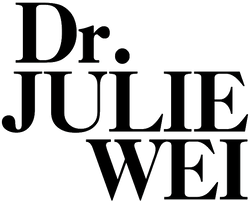This is a beautifully written article in the New York Times from a mother’s voice, detailing the journey she took to feed her daughter, and articulating what I have observed for years from mothers and parents on how we internalize and judge ourselves based on what our children ate, how much, how often, when, and if it met our expectations, which are shaped and influenced by our parents, childhood, cultures, challenges, and emotions.
As a physician and surgeon, I am humbled and saddened, by my own admission of how often well-intended hard working doctors can make mistakes, miss the correct diagnosis, or often become desensitized and too quick to “label” common diagnoses without being open to other possibilities. The years of pain, angst, emotional drain, and the unnecessary anesthesia and procedures performed on the author’s daughter (unnecessary meaning, had the correct diagnosis been obtained early on, she would not have needed so many repeated procedures with the same unclear outcomes nor change to her well-being).
Feeding is a complex issue, so much more than a direct “medical” or “surgical” diagnosis, and requires at times a team of specialists who work together to use their collective intelligence to come up with answers. Such a team includes feeding therapists, but most importantly, I have learned it requires a compassionate and gentle awareness of how we interpret a child’s lack of eating, or “failure to thrive”, and even judge the parents and caretakers, and worse of all, judge the child in their “abnormal” eating behaviors.
As a mother and a physician who is deeply passionate and committed to supporting my patients and their families, I have been so blessed to learn so much about feeding and eating from stories shared by my patient families. This journey is what led to our book, Acid Reflux in Children, which I hope will help more parents. We have an entire section on what are possible medical causes for eating and swallowing issues.
Here is my blog from 2013 called One More Bite. I will soon write another one as my journey and learning continues to evolve.

Dr. Wei, I discovered your site accidentally — but I am the author of the article you reference. Thank you for reading between the lines and seeing our story for the complex journey it was. Thank you, too, for being a voice for this kind of introspection from the medical community. I’m grateful to read your words!